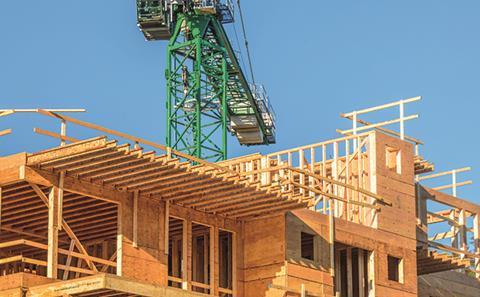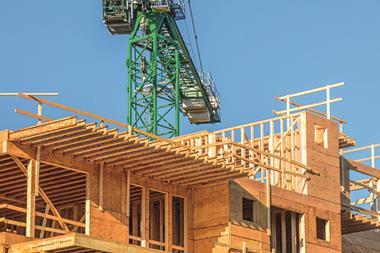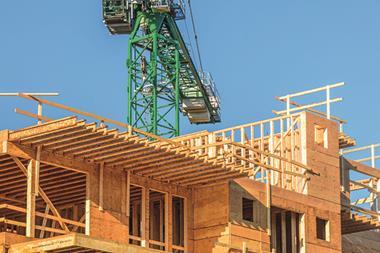In September 2015, the government announced its aim for a million new homes to be built in England by 2020.

This pledge was at the heart of the government’s Housing and Planning Bill. And then in June the country voted to leave the EU.
Developments in London were already being put on ice in the run-up to the referendum. Activity levels have now slumped by two-thirds this year and housebuilders recorded one of the worst monthly performances on record in June.
Since the vote, around £8bn has been wiped off the combined value of the country’s four biggest housebuilders. The brakes will be applied to the UK construction industry until confidence recovers.
The industry is directly affected by several EU legal principles that may or may not apply following Brexit.

EU procurement rules have mostly been enacted and embedded within UK legislation, and they will doubtless remain in some form after Brexit.
However, the extent to which they may deviate from the existing EU regime and the ability of UK companies to participate in tenders for other European countries’ projects won’t be known until the outcome of the Brexit negotiations.
This uncertainty as to the applicability of EU-based regulations not only in the transitional period but also in the longer term is a key concern for the UK construction industry.
Access to labour is another significant concern. Brexit will hit housebuilders’ workforces hard, exerting even more pressure in terms of skills shortages and construction costs.
More than 250,000 of the UK’s construction workers come from abroad - mainly from the EU - and it remains to be seen whether in the future more such workers will find emigration to the UK more difficult and will stay on the continent.
The construction industry is also heavily reliant on the free movement of goods. The return of duties or import limitations will not only result in a shortage of supply but also have an inflationary effect on the price of materials.
The impact of Brexit on the currency markets has seen sterling fall to levels not seen since 1985 and this, of course, will only exacerbate the situation.
In the wake of the referendum, the as-yet-unknown legislative implications, the impact on the labour markets and the effect on the UK’s trade position, as well as the difficulty in obtaining finance and the fact that investors have been spooked, have all placed the construction industry in economic uncertainty.
This is having, and will continue to have, a knock-on effect on the rate of development, making the government’s targets for the delivery of new housing look ambitious in the extreme.
Christobel Smales is senior associate on the construction team at Pemberton Greenish
































No comments yet